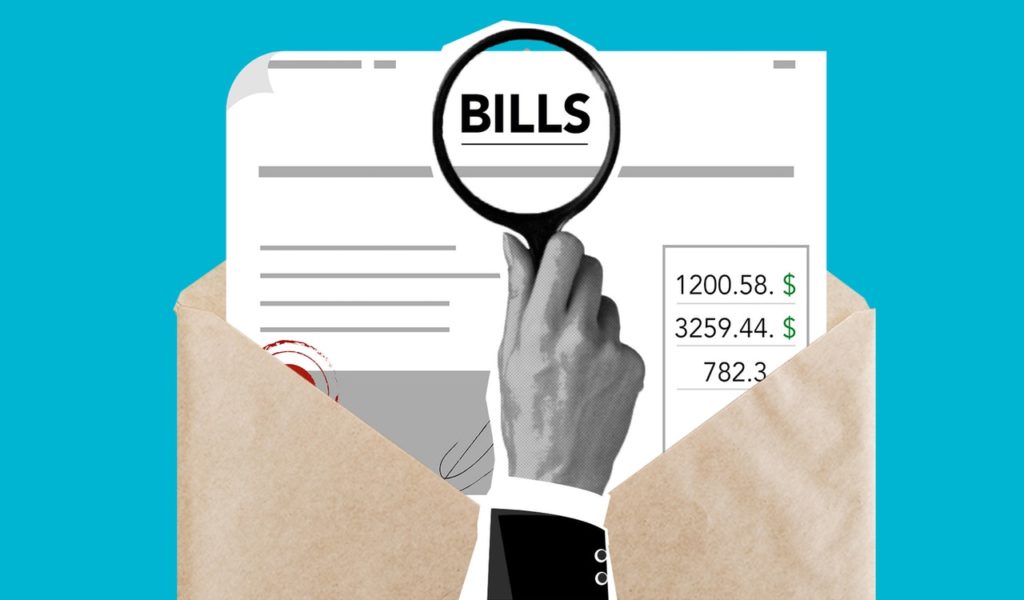Achieve Your Financial Goals in 2022
The new year means a fresh opportunity to restart your finances and achieve your goals. While you may already have a list to fulfill, there’s one crucial thing to consider. Avoiding financial mistakes that could set you back should be a consideration so that you achieve your financial goals in 2022. Here are some things you should be keenly aware of as the year progresses.

1. Forgetting Your Emergency Savings
You always need available liquidity to cover your needs if something unexpected happens. The more you have in savings, the more comfortable you can be pursuing other financial interests. If you want to achieve money goals, an emergency fund is a step in the right direction. There should be several months to a year’s worth of money ready, so you can live comfortably even after a problem.
It can help you avoid setbacks that could prevent you from reaching your financial goals. These include:
- Accidents
- Illnesses
- Calamities
- Failed investments
- Theft
If you don’t trust yourself to stay disciplined with your savings, the best thing you can do is put it in a separate account. Place it in a high-yield account, so it gets a little extra as you keep it secure. You can also make it hard to access the account by making money withdrawable only over the counter.

2. Not Doing Your Research
Gone are the days where you have to go to a store blindly. If you want to buy something, make sure to search its price online. Don’t be afraid to compare and contrast similar products, so you make the most out of your money. You’ll discover many high-quality products available that won’t empty your wallet.
If you know what you’re going to buy, it can prevent you from impulsively buying. You can avoid those scenarios where you overspend on something because you did not know its price to begin with. If it’s a high price you’re willing to pay, then maybe you can purchase it at a later date when you have more money. You avoid making second guesses and will have no remorse on buying most of these items.
Research is simple and accessible, with everyone having an internet connection these days. You may even find better prices online with enough diligence.

3. Forego a Budget Plan
It’s a new year, and it’s the perfect time to create a budget. A budget will help you avoid money goal mistakes that come with overspending. You may think that you’re frugal but tracking expenses will help you realize how much we spend with our lifestyle. Even a simple cup of coffee from your local shop each morning can cost you hundreds in a month.
By creating a budget, you can then set limits. You can also set money aside and prevent yourself from running short when bills come due. You stop yourself from getting into debt that could eat your income, like credit cards and fast loans.
Your budget doesn’t have to be strict and set in stone. You can make adjustments as much as you make changes in your life. Are you looking to subscribe to a service? Check your budget and see if it is something you can afford. You may need to cut something out to get what you want.
Doing this will ultimately help you achieve your financial goals. You can include your goal into your budget to accurately save for it. Some examples include:
- Vacation
- Retirement
- Travel
- Big-ticket items
- House down payment

4. Focusing Too Much on Long Term Goals
Your long-term financial goals may take years or even more than a decade before you complete them. It can be easy to forget their significance when you’re considering the time. Because of that, there is a chance that you don’t put in the effort, or you forget the goal entirely.
The best thing you can do is break down that long-term goal into something you can achieve for that year. For example, if you want to build a retirement fund, instead focus on maximizing your contribution for the year. If you want to save money for a house down payment, make it a point to set a monthly or quarterly goal to achieve.
By breaking things down, you make your goals easier to accommodate. You’ll also feel a sense of fulfillment more often. Don’t neglect the power of how small things can add up. If you place small amounts of money in investments, it can compound fast.
It also means that you should have smaller goals mixed in with bigger ones. Aside from multi-year financial aspirations, you also want something to look forward to in the year. It can be anything from a trip to something you want to buy. All this helps build your financial discipline.

5. Increasing Your Debt Without Consideration
The debt you have is a liability that’s eating up your income and assets. Adding to that debt will only lessen your chances of achieving your goals. Before getting a new car, or getting that personal loan, consider first if it’s worth the risk that it might not leave you with much money.
People often talk about a debt-to-income ratio. It’s how much debt you have with your income. Ideally, you don’t want to exceed 30% of your income. Anything more than that will cripple your finances, meaning that you’ll likely have to make sacrifices to accommodate.
Unless it’s a necessary debt, you should avoid doing it. Even things like credit card interest rates can add up if you’re not careful with payments.

Avoiding Is Just as Good as Doing
Preventing financial setbacks through avoidance is just as potent as being proactive. Knowing what to avoid will help you fast-track your goals this year. When it comes to your money situation, you have to remain fluid and adaptable. It’s the way to get the future you desire as fast as possible.
Also check out: Tips to create better communication in the workplace







0 Comments